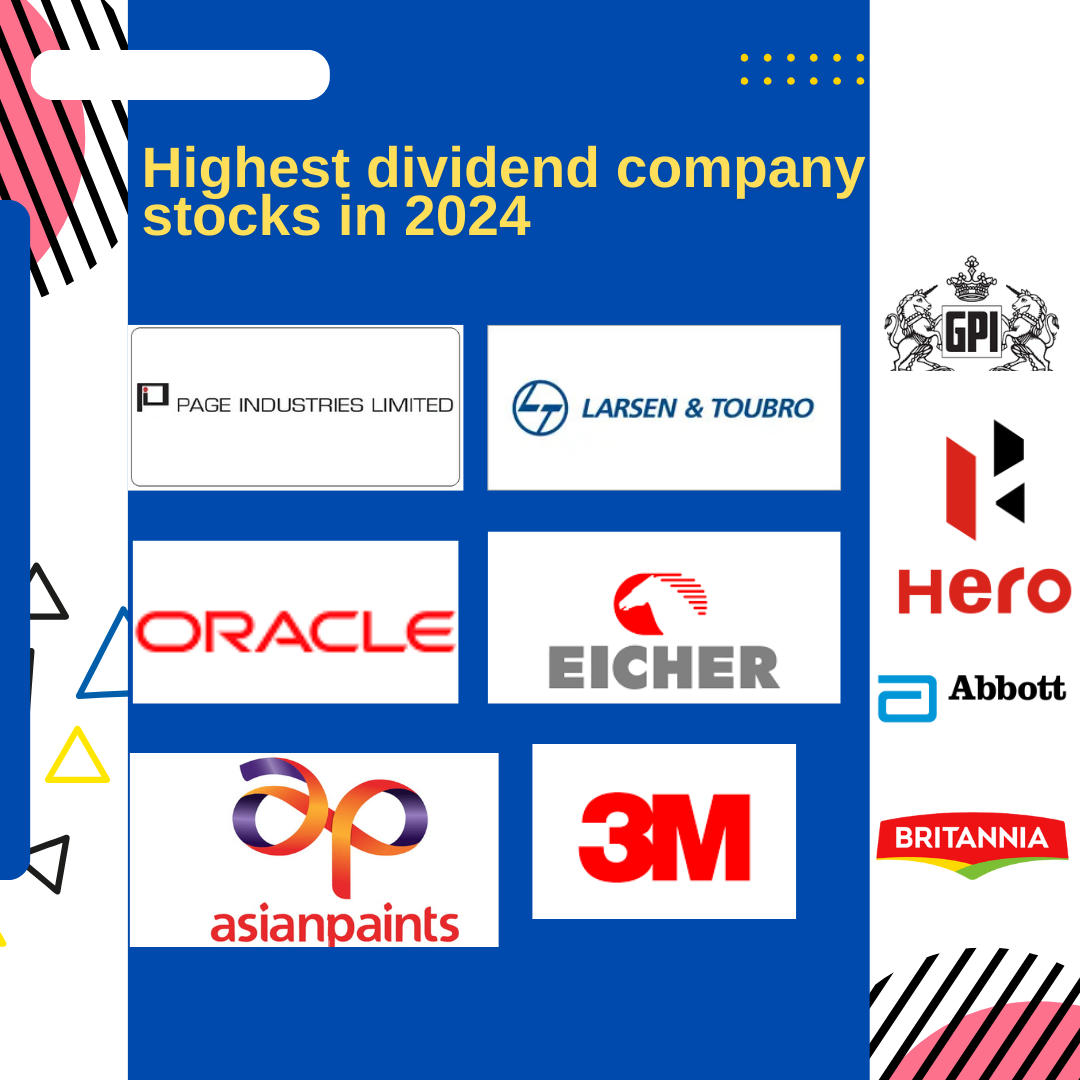Mutual Funds
Introduction
A mutual fund is a pool of money managed by a professional Fund Manager. . The combined holdings of the mutual fund are known as its portfolio. Investors buy shares in mutual funds. It is a trust that collects money from a number of investors who share a common investment objective and invests the same in equities, bonds, money market instruments and/or other securities.
Types of Mutual Funds
Equity Funds
Equity funds, also known as stock funds, invest primarily in stocks. The primary objective of equity funds is capital appreciation. These funds can be further categorized based on the size of the companies they invest in (large-cap, mid-cap, small-cap), the investment style (growth, value, or blend), and geographic focus (domestic, international, or global).
Debt Funds
A debt fund is a mutual fund scheme that invests in fixed income instruments, such as Corporate and Government Bonds, corporate debt securities, and money market instruments etc.
Hybrid Funds
Hybrid mutual funds are a type of mutual funds that invest in more than one asset class. Most often, they are a combination of equity and debt assets, and sometimes they also include gold or even real estate. Hybrid funds embody three fundamental philosophies: asset allocation, correlation, and diversification.
Solution oriented Funds
Solution-oriented mutual funds offer a tailored approach to investing by addressing specific financial objectives. These funds are designed to preserve capital or achieve capital appreciation for funding predetermined expenses such as retirement, education, or marriage.
Index Funds
Index funds aim to replicate the performance of a specific index, such as the S&P 500. These funds are passively managed, meaning the fund manager does not actively select securities but instead ensures that the fund’s holdings mirror the index. This passive management typically results in lower fees compared to actively managed funds.
Other funds
An asset class refers to a category of financial assets with similar characteristics and behaviors, such as stocks, bonds, real estate or cash equivalents. Discover diverse Funds categorized by an asset class. Based on Investment goals ,risk , structure
Benefits of Investing in Mutual Funds
Diversification
One of the key advantages of mutual funds is diversification. By pooling money from many investors, mutual funds can invest in a wide variety of securities, reducing the impact of any single investment’s poor performance on the overall portfolio.
Professional Management
Mutual funds are managed by professional portfolio managers who have the expertise and resources to analyze market trends and individual securities. This professional management can be especially beneficial for investors who lack the time or knowledge to manage their investments actively.
Liquidity
Mutual funds offer high liquidity, allowing investors to buy and sell their shares on any business day. This feature provides flexibility and accessibility, making it easy for investors to access their money when needed.
Convenience
Investing in mutual funds is convenient and straightforward. Investors can start with relatively small amounts of money, and many mutual funds offer automatic investment plans. Additionally, mutual funds handle all the administrative tasks, such as record-keeping and tax reporting.
Risks of Investing in Mutual Funds
Market Risk
Market risk is the possibility of losing money due to the decline in the value of securities within the fund. Equity funds are particularly susceptible to market risk, as stock prices can be volatile.
Interest Rate Risk
Interest rate risk affects fixed-income funds. When interest rates rise, the value of existing bonds typically falls, leading to a decline in the fund’s net asset value (NAV).
Credit Risk
Credit risk is the risk that a bond issuer will default on its payments. This risk is more pronounced in funds that invest in lower-quality bonds, such as high-yield or junk bonds.
Management Risk
Management risk arises from the possibility that the fund manager may make poor investment decisions. This risk is inherent in actively managed funds, where the performance depends significantly on the manager’s skills and judgment.
Expense Risk
Expense risk refers to the impact of fees and expenses on the fund’s returns. High expense ratios can erode returns over time, particularly in low-performing or passively managed funds.
How to Choose the Right Mutual Fund
Investment Goals
Investors should first consider their investment goals. Are they seeking capital appreciation, regular income, or a balance of both? Understanding one’s financial objectives is crucial in selecting the appropriate type of mutual fund.
Risk Tolerance
Different mutual funds come with varying levels of risk. Investors need to assess their risk tolerance and choose funds that align with their comfort level. For instance, equity funds might be suitable for aggressive investors, while fixed-income funds might be better for conservative investors.
Fund Performance
While past performance is not a guarantee of future results, it can provide insight into how the fund has performed in different market conditions. Investors should look at long-term performance records and compare them to benchmark indices and peer funds.
Fees and Expenses
Investors should actively consider the fees associated with mutual funds, including management fees, administrative costs, and any sales charges (loads).Lower-cost funds typically have an advantage, especially over the long term.
Fund Manager Experience
The experience and track record of the fund manager are critical factors. Investors should research the manager’s history and success with the fund, as well as their overall investment philosophy.
What is SIP









